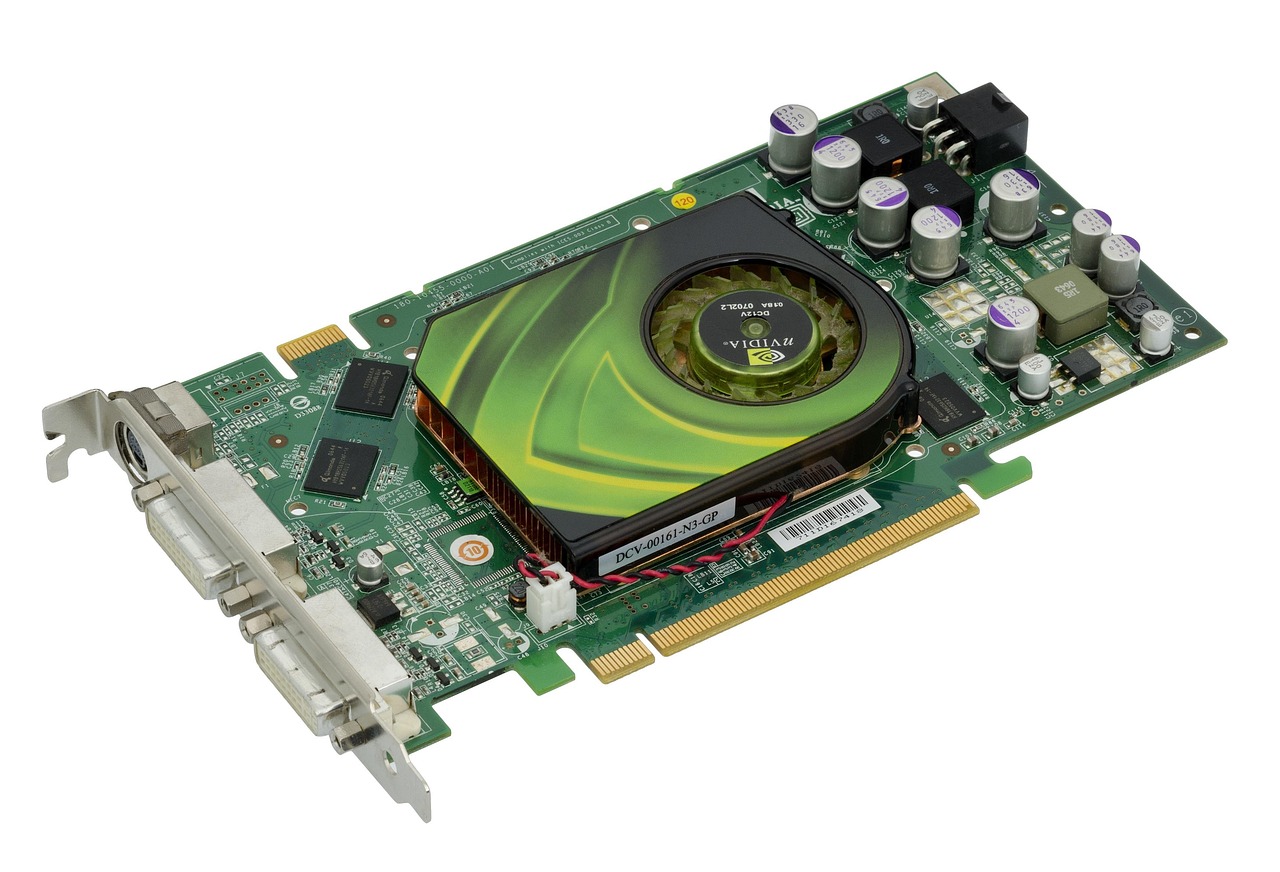Tensor Auto is revolutionizing the autonomous vehicle market with a groundbreaking partnership that will make its Robocars instantly compatible with Lyft’s rideshare platform right from the factory floor. This collaboration marks a significant shift in how consumers will interact with self-driving technology, transforming personal vehicle ownership into a potential revenue stream.
Revolutionary Factory Integration
The partnership between Lyft and Tensor represents an industry first: autonomous vehicles that come pre-configured for immediate deployment on a rideshare network. Tensor plans to deliver its first Robocars by the end of 2026, with vehicles featuring over 100 sensors including cameras, lidars, and radars. These vehicles will be equipped with an NVIDIA-powered onboard supercomputer capable of handling Level 4 autonomous driving capabilities.
Jeremy Bird, Executive Vice President of Driver Experience at Lyft, emphasized the transformative nature of this partnership: “What’s exciting about Tensor is they’re advancing the opportunity that Lyft already creates, removing that final obstacle while reinforcing our vision of a hybrid transportation future. Future owners will be able to start earning on the Lyft network the moment their vehicle rolls off the lot”.
NVIDIA-Powered AI Architecture
Tensor’s autonomous driving system leverages cutting-edge artificial intelligence trained on NVIDIA’s DGX platform. The foundation model uses a transformer-based architecture with Mixture of Experts (MoE) capabilities, learning perception, prediction, and planning from extensive real-world and simulated driving data. This data-driven approach captures ideal driving behavior through advanced imitation learning, while large vision language models help the system navigate unexpected scenarios or “corner cases”.
The development pipeline includes large-scale simulations powered by NVIDIA GPUs for training and validation with advanced world models, ensuring rigorous safety evaluation before vehicles reach public roads.
Monetization and Market Launch
The integration creates an unprecedented opportunity for individual vehicle owners to monetize their autonomous vehicles without physically being present. In select markets where both the Lyft app and Tensor’s L4 capabilities are available, vehicles will feature integrated software that enables immediate platform connectivity. Lyft is actively preparing the necessary infrastructure and technology, targeting a 2027 launch for the first “Lyft-ready” market.
Tensor Robocars will initially roll out across major metropolitan areas in the United States, Europe, the Middle East, and the United Arab Emirates. This phased deployment strategy allows Tensor and Lyft to gather operational data while scaling their autonomous vehicle network across diverse geographic regions.
Industry Implications
This partnership positions Lyft as a comprehensive AV platform serving both consumers and fleet operators. By enabling personal AV deployment on a rideshare network, the collaboration addresses vehicle utilization challenges while providing owners with immediate return on investment. The approach bridges the gap between traditional rideshare services and fully autonomous transportation networks, creating a hybrid model that could accelerate autonomous vehicle adoption.
The “Lyft-ready” integration eliminates traditional barriers to AV deployment, streamlining the process from vehicle purchase to revenue generation. This seamless onboarding capability could fundamentally reshape transportation economics, allowing individual consumers to participate in the autonomous vehicle revolution as both users and providers.
Sources:
https://www.lyft.com/blog/posts/lyft-tensor-av-partnership
https://www.cbtnews.com/lyft-to-roll-out-fleet-of-tensor-robocars-in-2027/
https://www.claimsjournal.com/news/national/2025/10/09/333431.htm
https://www.roadtoautonomy.com/tensor-lyft-ready/
Photo by WikimediaImages on Pixabay
